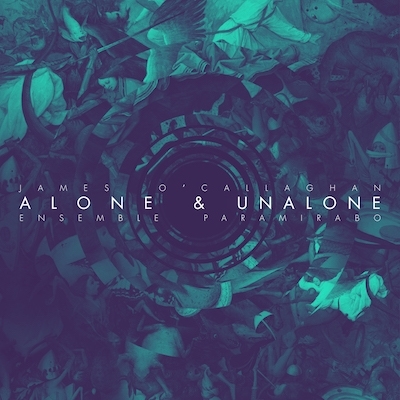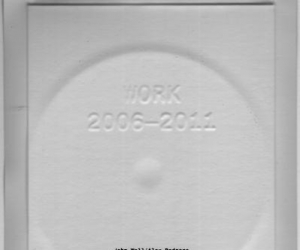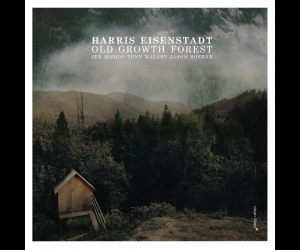
Montreal’s James O’Callaghan exemplifies a wave of younger composers whose unique remedies have successfully healed some of the major ideological rifts that characterized twentieth-century music. This new disc, immaculately performed by the brilliant and agile Ensemble Paramirabo, plucks four of his chamber works from their onstage home (most include performative elements) and renders them as recordings.
On one level, his music audibly extends from Helmut Lachenmann’s lineage in its celebration of colour, texture, and gesture, yet this manifests in an utterly personal manner. The nod to ASMR (autonomous sensory meridian response) and its attendant online subculture in the titular work’s program notes is telling. Seemingly inspired by this phenomenon’s subjective, sound-induced shivers of pleasure, the works are grounded in the sumptuousness of delicate sound. It’s consistently visceral, albeit gently so.
The amorphous trickle of the work’s formal dimension also suggests the gossamer of mundane sound that surrounds us. When it coalesces into precise, dynamic interplay, there’s always a buffer of hush and mystery around these more deliberate gestures, permitting the music to slither off in unexpected directions.
The Internet’s response to ASMR also signals another guiding force behind this music. O’Callaghan’s generation (he was born in 1988) has spent life immersed in a rapidly changing technological landscape. Embracing fleeting reference via half-heard melodies, computer-assisted transcription of electronic and recorded sounds, playback technology of multiple fidelities, and, of course, self-reflexivity, he’s possessed of an imagination clearly permeated by the surreal, quotidian postmodernism of today’s world. Yet there’s nothing needlessly arch or clever about his deployment of these conceptual features—they serve the music rather than clumsily compete with it.
The rabbit-hole-dappled intellectual surface of this music mirrors its divergent sonic proclivities and points to why it falls together so effortlessly. O’Callaghan intuitively assimilates everything from faint, “lowercase” drift to angular Euromodern bombast, from spectral procedures to refracted glimmers of traditional lyricism. What makes it work? He enfolds this mixture within the elusive but unmistakeable warmth of candour.


